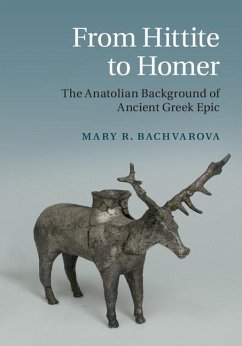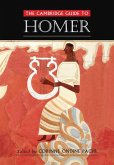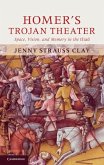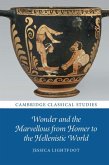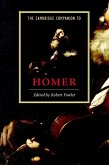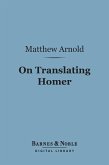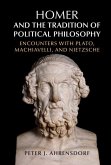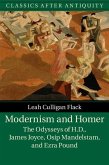This book provides a groundbreaking reassessment of the prehistory of Homeric epic. It argues that in the Early Iron Age bilingual poets transmitted to the Greeks a set of narrative traditions closely related to the one found at Bronze-Age Hattusa, the Hittite capital. Key drivers for Near Eastern influence on the developing Homeric tradition were the shared practices of supralocal festivals and venerating divinized ancestors, and a shared interest in creating narratives about a legendary past using a few specific storylines: theogonies, genealogies connecting local polities, long-distance travel, destruction of a famous city because it refuses to release captives, and trying to overcome death when confronted with the loss of a dear companion. Professor Bachvarova concludes by providing a fresh explanation of the origins and significance of the Greco-Anatolian legend of Troy, thereby offering a new solution to the long-debated question of the historicity of the Trojan War.
Dieser Download kann aus rechtlichen Gründen nur mit Rechnungsadresse in A, B, BG, CY, CZ, D, DK, EW, E, FIN, F, GR, HR, H, IRL, I, LT, L, LR, M, NL, PL, P, R, S, SLO, SK ausgeliefert werden.

